1. Sonata No. 1 ‘Sonata-Fantasy’, Op. 39: I. Vivace
Composer: Nikolai Kapustin
Artist(s): Yuki Kondo
2. Sonata No. 1 ‘Sonata-Fantasy’, Op. 39: II. Largo
Composer: Nikolai Kapustin
Artist(s): Yuki Kondo
3. Sonata No. 1 ‘Sonata-Fantasy’, Op. 39: III. Scherzo
Composer: Nikolai Kapustin
Artist(s): Yuki Kondo
4. Sonata No. 1 ‘Sonata-Fantasy’, Op. 39: IV. Allegro molto
Composer: Nikolai Kapustin
Artist(s): Yuki Kondo
5. Scherzo for Piano, Op. 95
Composer: Nikolai Kapustin
Artist(s): Yuki Kondo
6. Two Etude-Like Trinkets for Piano, Op. 122: No. 1: Vivace
Composer: Nikolai Kapustin
Artist(s): Yuki Kondo
7. Two Etude-Like Trinkets for Piano, Op. 122: No. 2: Con allegrezza
Composer: Nikolai Kapustin
Artist(s): Yuki Kondo
8. Widmung – Liebeslied, S. 566
Composer: Franz Liszt/Robert Schumann
Artist(s): Yuki Kondo
9. Nocturne No. 2 in E-Flat Major, Op. 9
Composer: Frédéric Chopin
Artist(s): Yuki Kondo
10. Andante: Spianato et Grande polonaise brillante, Op. 22
Composer: Frédéric Chopin
Artist(s): Yuki Kondo

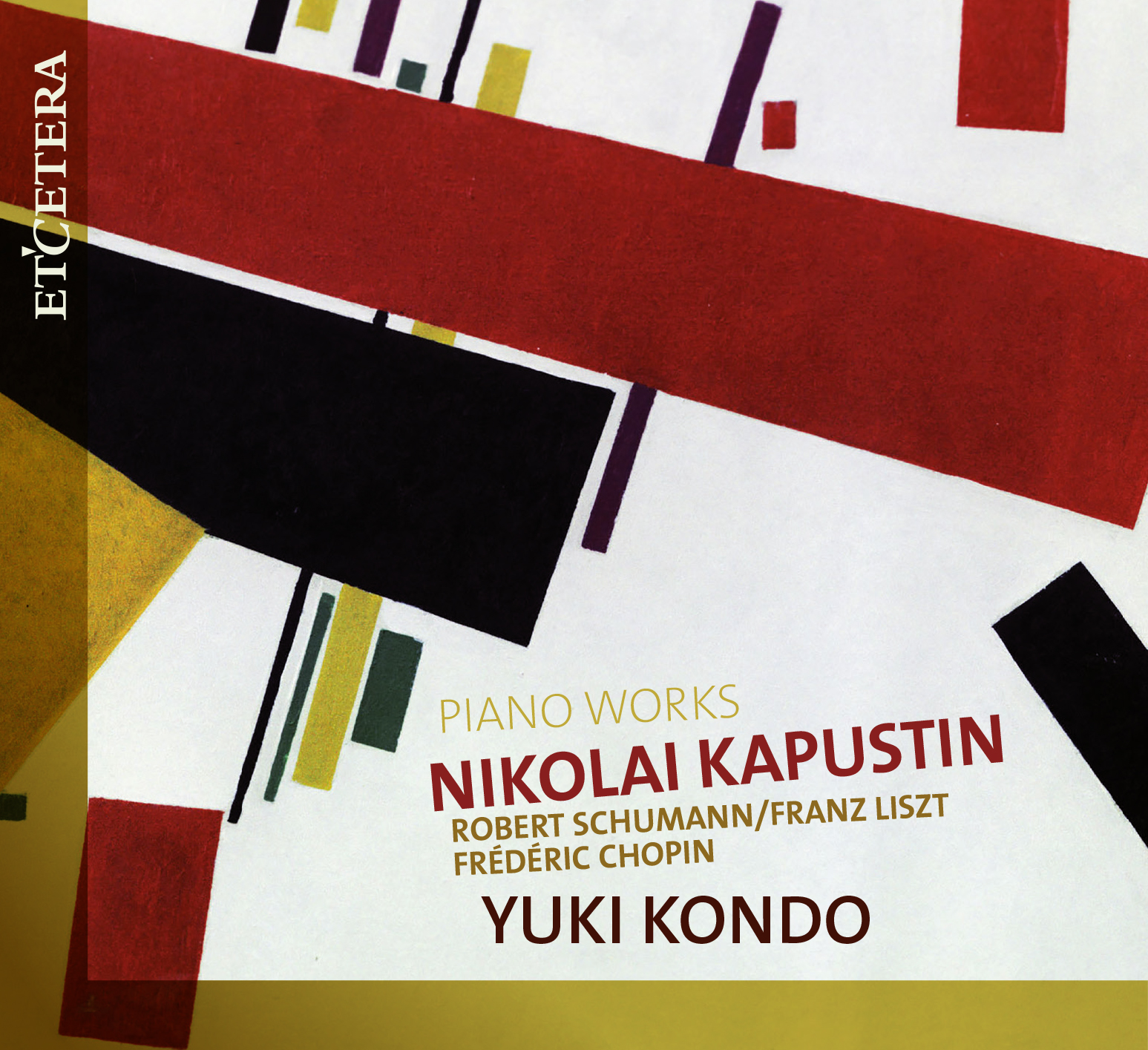
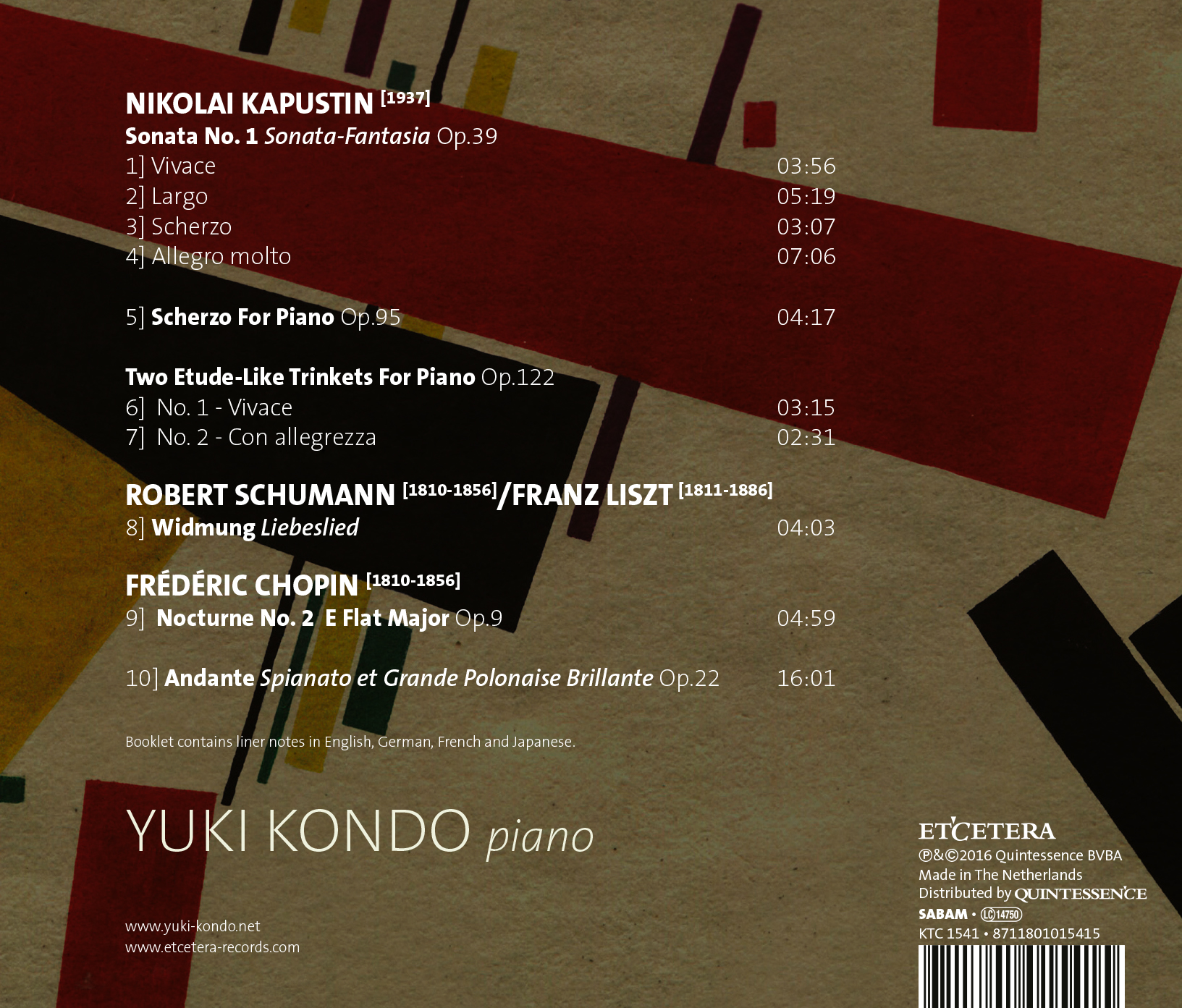
 Spotify
Spotify
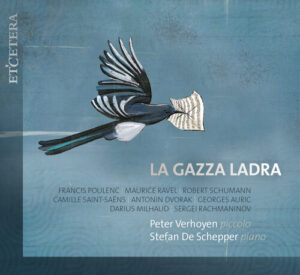
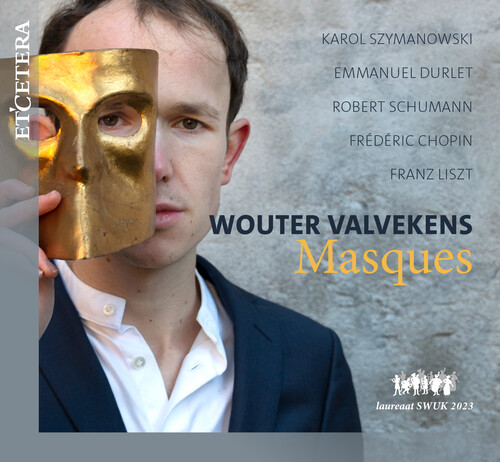
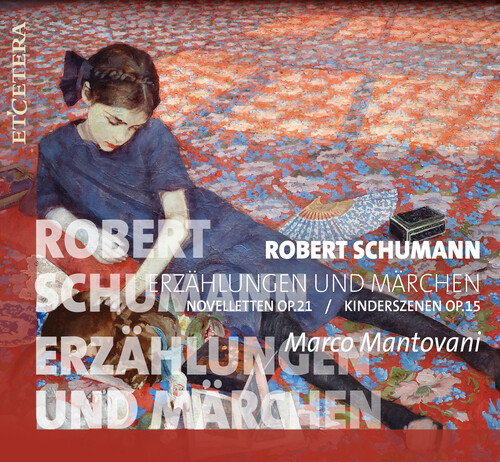
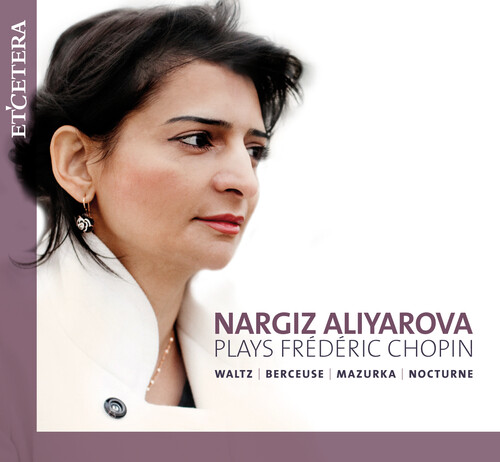
Reviews
There are no reviews yet.